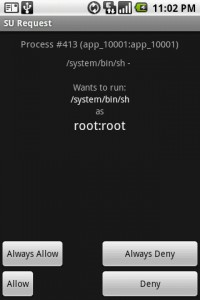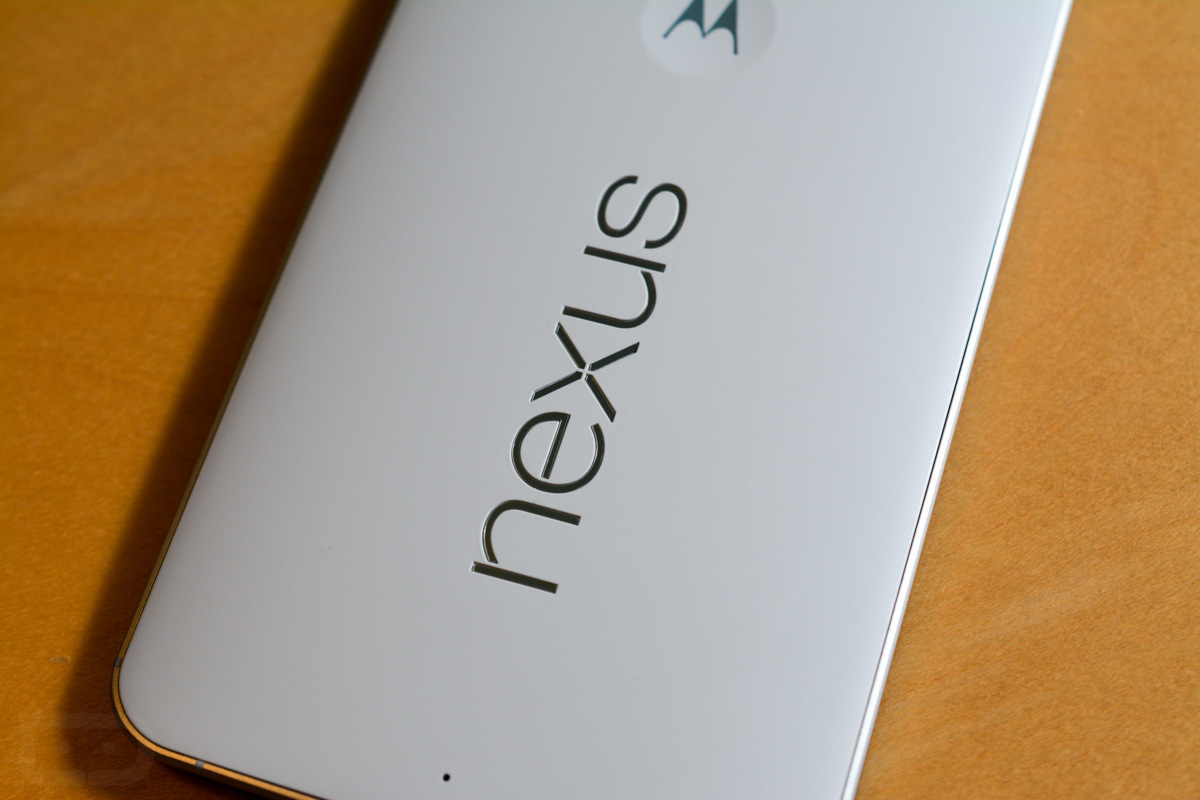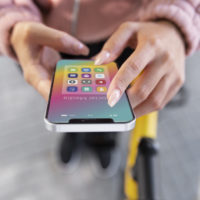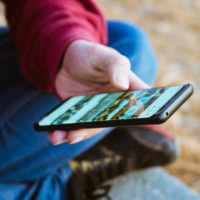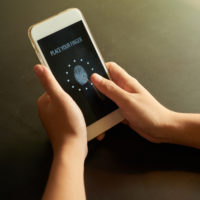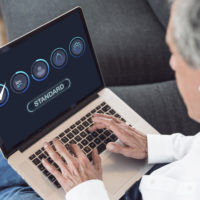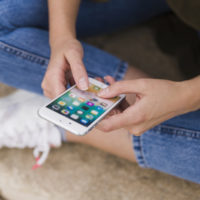Up until yesterday, your handset manufacturer had the right to deactivate your device if they found it on a different network or running a custom ROM. Effective today, that changes.
The Library of Congress’ Copyright Office announced a few exemptions from the Digital Millennium Copyright Act (DMCA) , among which include a new exemption that will allow users to jailbreak, root, and install unapproved applications on phones, including Android smartphones and Apple’s iPhone.
This decision makes it legal to modify, remove, or replace the software on your mobile devices without being subject to the copyright restrictions of the DMCA. This proclamation means no phone company or manufacturer can threaten to take legal action against hackers, developers or mobile phone users who “jailbreak†or “root†their devices.
To be clear, this exemption does not in any way relate to device warranties or service provider contracts. While Mobile carriers are no longer allowed to cause your phone to self-destruct, they may still terminate your service contract if you unlock your phone and Handset manufacturers can still void your warranty if you jailbreak/root your devices.
Simply put, you can unlock, root and flash Custom ROMs on your Android devices but if you brick your device in the process this law does nothing to help you – get a new phone.
The new exemptions also allow students, professors, and documentary producers to break the copy protection on DVDs so that clips can be embedded for teaching and educational reasons. Video game players can also legally break the security on video games to fix security flaws.
The new rules, which are effective as of today, are expected to last a few years. Although the jailbreaking exemption is new, all the others are similar to the last set of exemptions published in 2006.
Sources: Library of Congress, NPR
